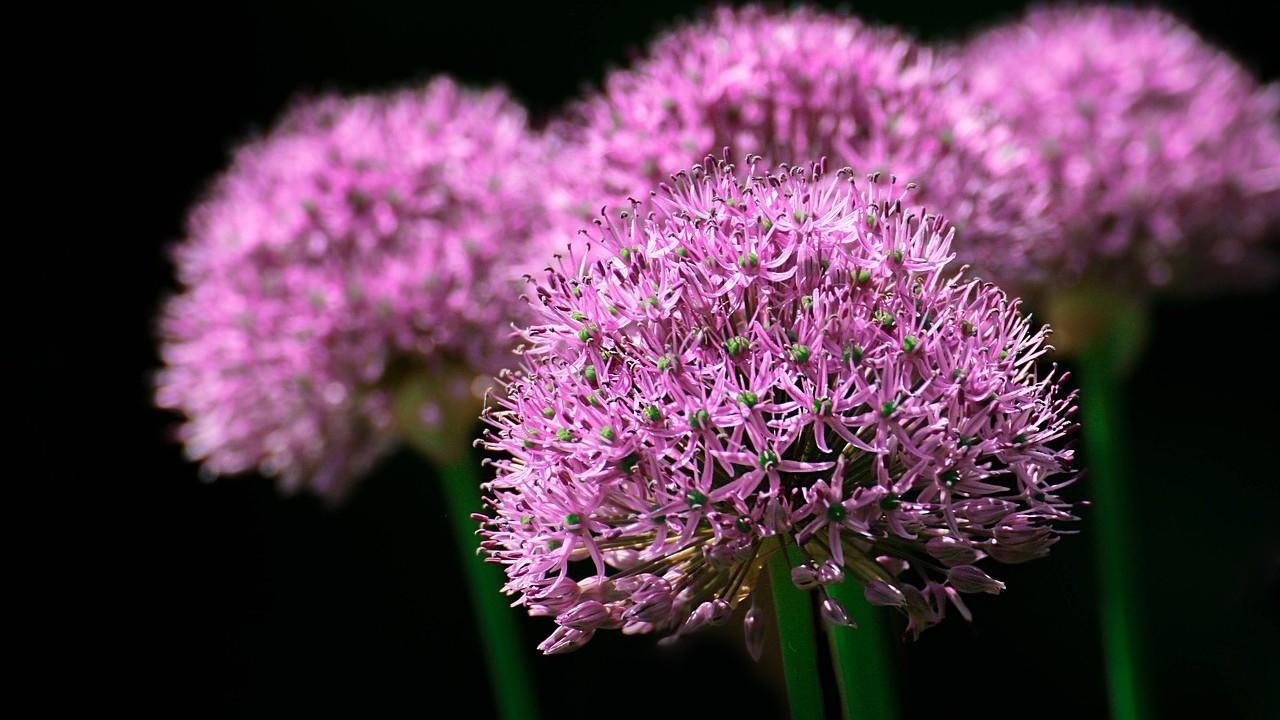Blog
Keep a Gratitude Journal (DW#646)

One of the most basic and popular gratitude practices is to keep a regular gratitude journal. Keeping a gratitude journal allows you to have a specific place where you remind yourself of the gifts, grace, benefits, the good things and the people you enjoy.
The experts sometimes disagree on whether a daily or a weekly journal practice is more effective. Some studies have found that journaling weekly (rather than daily) may be more effective as daily journaling may lead to boredom and writing without feeling.
My suggestion is that you start daily to establish the habit and then see what works best for you long term and continue that.
In any case, the most effective journaling practice is
Regular: either daily or weekly. Keep a regular time.
Specific: You will experience more gratitude when you consciously and deliberately bring to mind the exact and specific details of the situation that calls for gratitude.
For example, recalling and being grateful for the thousands of hours of ef...
Starting a gratitude practice (DW#645)

I really hope that by now you are convinced that a regular practice of gratitude is a powerful way to improve your mental and emotional wellbeing.
So how can you make it a part of your life?
1. Make an intention and commit.
Like creating any habit, we start with an intention. In this case, an intention to become more grateful and an intention to commit to a regular practice of gratitude.
Once we make the intention though, we may begin to notice that gratitude doesn’t seem to come as easily as grumbling does. Some days we will find it much more challenging than others. If we can just acknowledge the resistance and do it anyway, we will find that we will reap the greatest benefits.
2. Begin.
So let’s do it. There is nothing more to know or to research. We already have all the information we need about the benefits. The benefits, however, do not come from knowledge. They come from practice.
The easiest way to begin is to sit down with pen and paper or at your computer and start, "I am ...
Gratitude and social justice (DW#643)

Continuing with our exploration of what gratitude does NOT mean, it is important to recognize that gratitude is not a license for passivity in the face of social injustice.
Being grateful for what is present does not mean that we do not recognize the inequalities and injustices that exist in the status quo and work towards change for a better world.
In other words, there is a difference between "be grateful for what you have" and "be content with what is." It is completely okay (in fact often necessary) to be rightly ticked off about some things while also giving what you do have its full measure of attention and appreciation.
Working for change or social justice sometimes means giving a lot of attention to things that are negative, painful or unjust. When we are giving those things the attention that they need, it can lead to burnout or ongoing distress. When we continue to balance the space in our brain with gratitude for things that are positive and good, we ensure that we have a...
Pushing gratitude on someone who is experiencing depression (DW#640)

We are discussing how forcing gratitude on others may not work and may cause people to be the opposite of grateful. It especially may not work with someone who is experiencing moderate to severe depression.
Research suggests that gratitude exercises may trigger the "inner critic" in individuals experiencing anxiety or depression.
When a person is experiencing depression, by definition they are not able to look on the bright side or find things that are positive in their lives. And being asked to find things that are positive may make their depressive feelings worse.
In a recent study, completed in 2017, the researchers found that individuals with symptoms of depression sometimes felt indebted, guilty, or "like a failure" when they were not able to find something to be grateful for. In other words, being told to practice gratitude worsened their emotional state and added other negative emotions to those they were already feeling.
Others in the study who were able to find something t...
Asking others to be grateful can trigger social comparison (DW#639)

In this day and age, it is easier than ever to compare our lives to others. While comparison may indeed be the thief of joy (as expressed by Theodore Roosevelt) ceasing comparison is much easier said than done.
When we are comparing our lives to others, we sometimes get told to remind ourselves how lucky we are compared to others. This is true, of course. Despite whatever challenges we may be experiencing at the moment, if we have a roof over our heads, food to eat and security of body and soul, we are indeed more blessed than many.
The trouble is that when others tell us how lucky weare it can actually trigger social comparisons. Instead of comparing ourselves to those who have it worse, as they suggest, our mind starts comparing our situation to others who have it better than us.
And of course, we can find PLENTY of "evidence" on social media for those who appear to have it much better than us. Their lives, at least the part of their lives that are presented on social media, appea...
Don’t be a gratitude pest (DW#638)

For the last several posts, we have mentioned several studies that support the benefits of a deliberate gratitude practice. But like other powerful interventions for increasing well-being, the practice of gratitude is complicated. We need to have a balanced view of it and recognize that while practicing gratitude for ourselves can bring about much positive change, pushing it on others may do the opposite.
Firstly, many people do not like others to tell them what to do. [Some in fact will do the opposite of what they are told to, just to prove a point . . . ] They specially cringe when they are trying to express dissatisfaction or negative feelings to us and we come up with "helpful" suggestions to make them feel better.
The suggestions to be grateful are usually in the form of:
"look on the bright side"
"consider how lucky they are"
"well at least . . . ."
"it could have been much worse . . . "
"you should be grateful that . . . "
When people hear such suggestions in the midst of an upse...
7 ways gratitude improves relationships (DW#637)

Over the last few days, we have been discussing the role of gratitude in relationships.
Here is a summary of the 7 ways gratitude improves relationships
1)Gratitude is the key to feeling satisfied in your marriage [DW#630]
2)Gratitude creates the cycle of positivity and generosity [DW#631]
3)Gratitude prevents negative comparisons [DW#632]
4)Gratitude helps protect your marriage from the negative effects of communicating badly during conflict [DW#633]
5)Gratitude improves communication outside of conflict [DW#634]
6)Gratitude protects your relationship from the impact of life stressors [DW#635]
7)Gratitude empowers you by shifting the focus on things that you can control, on giving rather than getting [DW#636]
Which one did you find most surprising?
shifts your focus from getting to giving – thereby increasing your sense of empowerment – when you focus on what you can do instead of what you deserve from others.
Gratitude shifts your focus from getting to giving (DW#636)

One of the great challenges of the modern mindset is that we are focused on what we believe we ‘deserve’. We are looking out for our own best interests and making sure that we are not taken advantage of. That we get what we think we are ‘owed’.
Now this kind of thinking may work in the stock market, but it doesn’t really work that well in a marriage.
In relationships, being aware of our rights and noticing how the other is falling short in delivering those rights is guaranteed to make us unhappy. Despite this, social media is always reminding us that we need to find someone who will love and appreciate us for who we are. That we ‘deserve’ this love.
The problem with this kind of thinking is that it puts someone else in charge of our happiness. Only when they deliver on our expectations can we be at peace.
The mindset of gratitude on the other hand, is relational. It shifts our focus from ourselves to one another. Gratitude invites us to abandon our focus on what we deserve from oth...
Why we like grateful people (DW#629)

Yesterday we discussed how gratitude makes us likable. Today let’s explore this a little further. Author LaDonna Greiner explores the question of what exactly makes grateful people popular and likeable.
Here are some reasons she gives:
1. Grateful people make good teammates.
Grateful people are more likely to pitch in to support their team and do so in a gracious manner since they appreciate the contribution, skills and talents of others. Grateful people recognize that their success rests on the shoulders of many other people.
2.Grateful people share.
They realize that when you give to others in a sincere and pure manner, it comes back to you tenfold. Thankful people are 20% more generous with their time and money than those who are ungrateful.
We like people who share, whether it’s skills or food, insights or a favourite book. Sharing is a likeable trait. Gratitude helps us feel generous and generosity increases popularity.
3. Grateful people create connections.
Greiner believ...
Become more popular (DW#628)

An attitude of gratitude makes us more likeable and popular.
If you think about the opposite of a grateful person, the above claim makes sense. People who continuously grumble or complain about things are draining. Moreover, most of us when we encounter people who complain, feel compelled to point out their blessings to make them feel better. (this seldom works, by the way, but it does cause us to be exhausted!)
On the other hand, people who are grateful, notice the good in their lives, both in people and in circumstances. Such a person is more likely to be a positive person whose company is sort out by others as they may find themselves uplifted by the positive mood (rather than working to uplift other’s mood)
To put it in terms of psychology, gratitude generates social capital - namely goodwill, fellowship, sympathy, and social intercourse - among the individuals and families who make up a social unit. Studies have found that participants who were just 10% more grateful than the c...
